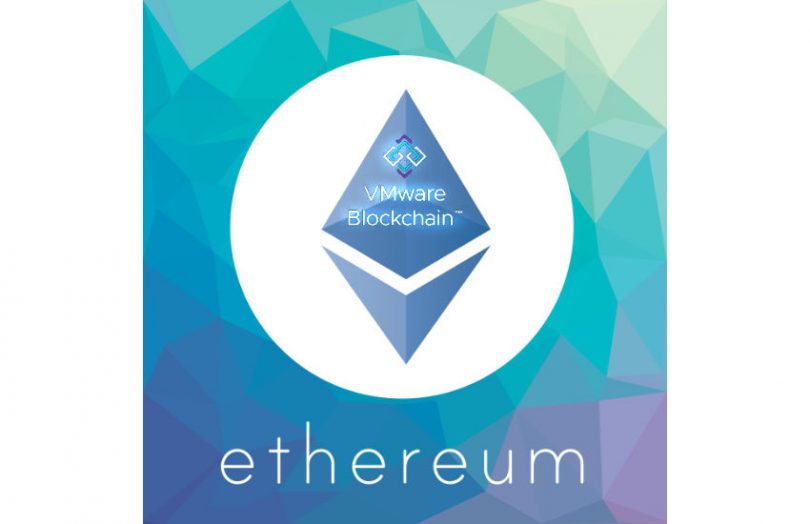Today VMware Blockchain for Ethereum was unveiled in beta version with two early adopters, the Central Bank of Israel and Infosys.
Ethereum has been targeted at enterprises since the launch of the Enterprise Ethereum Alliance in 2017. However, recently the competition reduced when ConsenSys acquired the enterprise blockchain Quorum from JP Morgan. ConsenSys also initiated the other main permissioned Ethereum offering, the open source Hyperledger Besu.
Apart from providing a trusted enterprise technology brand, VMware says its permissioned version of Ethereum is unique in four ways. The first relates to privacy, where it uses a combination of zero-knowledge proofs and multi-party computation. We recently wrote about the Bank of Israel trialing a VMware privacy solution as part of its central bank digital currency research. And VMware published a related paper on UnTraceable Transactions (UTT) earlier this year.
The second key feature that VMware’s Ethereum solution boasts is scalability. It takes a different approach to others who typically use Layer 2, sharding which splits the blockchain into fragments or special programming languages. Instead, it executes transactions in parallel.
Typically parallel execution can be problematic because ordering transactions, especially in trading, is often essential. In conventional systems, when a transaction is initiated, say to sell a stock, the software might lock the stock until the transaction is completed. Instead, VMware’s approach is optimistic, and lets transactions run in parallel. At the end of the processing, it verifies that there are no issues before writing it to the blockchain. If there is an issue, it won’t proceed and will have another go. That’s our rough take on one aspect of how it scales.
Governance is a third area in which VMware Blockchain for Ethereum is different, dealing with much more than onboarding. Additionally, VMware offers support, something that’s critical for enterprise solutions and is often challenging with distributed ledgers (DLT) targeted at the enterprise.
Infosys also announced a new blockchain solution for Vital Records Management that uses VMware Blockchain. It enables the verification of records such as birth and marriage certificates using the immutability of blockchain. However, no personal data is stored on the chain, presumably just hashes of documents.
Meanwhile, VMware Blockchain has had a close relationship with Digital Asset for some time. It invested in the startup and provides the blockchain that underpins the ASX DLT-based post-trade solution CHESS, with Digital Asset’s DAML providing the software layer. Bother companies also work with Broadridge.






